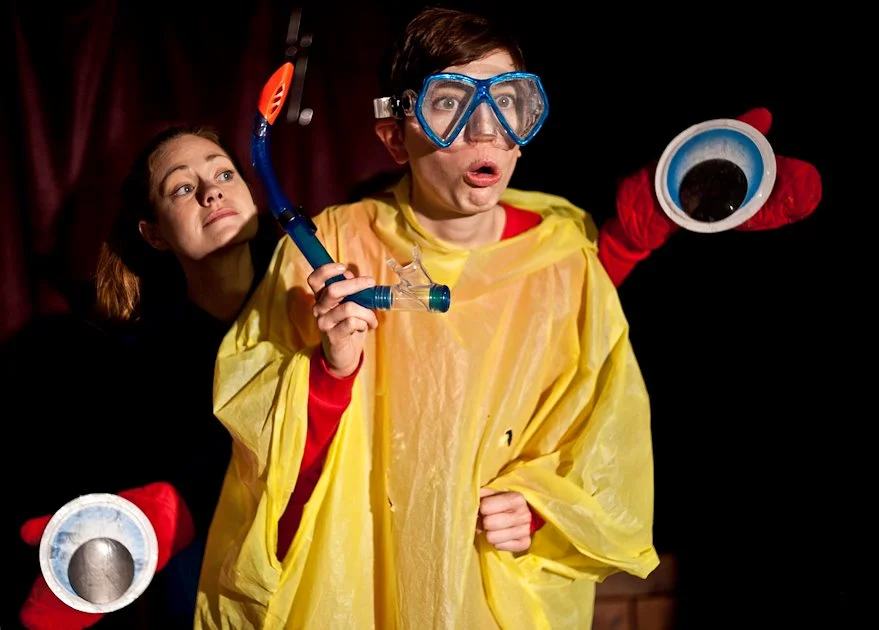In my last blogpost, I talked about how feelings can sometimes mislead us. When whatever it is we are feeling has become separated from an idea which might, once upon a time, have caused that feeling, the feeling floats away and takes on a life of its own.
We feel anxiety when a sensation has become utterly unmoored or disconnected from whatever it is that caused it – where, in effect, we have a feeling about nothing. That’s where anxiety is different from fear: we feel scared of something, something specific; whereas anxiety seems to centre around a black hole, a big nothing. Part of anxiety’s dread is its meaninglessness. It literally has no meaning, because the idea that would give it some meaning has become lost.
A couple of years ago, I went to see a production called Morbid Abnormal Me, starring two friends: Shea, anxious, beset by a fear of death that structures her relationships, her Christmases, her childhood holidays, her almost everything; and Nora, her friend, who is fascinated by Shea’s fear of death, her wish to be alive, which seems extraordinary to Nora, who has plumbed the numbing depths of depression.
There was a wonderful moment where Nora finds out that Shea was born several weeks premature and sees this, perhaps rightly, as the root-cause of Shea’s anxiety. “This is the bit that Nora loves, that everybody loves,” says Shea - the creation of a something around which the anxiety can be tethered.
Except, as Shea knows, this isn’t quite how anxiety works. Anxiety thrives on absences, on the failure of “cause and effect” to explain things. If anxiety does have an object, it is a nameless, faceless kind of object that can never quite be grasped.
But without wishing to stand up for anxiety, at least it doesn’t play tricks with us – it has nothing to hide. Unlike other feelings, it doesn’t deceive us with a false meaning, because it doesn’t have any meaning. It is the moment when the story of our lives starts to unravel, when all sense seems to slip through our fingers, when we feel most anxious. This is what makes anxiety feel so terribly disturbing: the dreadful moment when one notices that things do not hang together.
When we are anxious, we feel it in our bodies. Physical sensations often express what cannot be spoken in words. Perhaps what makes us most lonely, what we are most desperate to share with another person, is the very thing which is most difficult to put into words.
And yet, something happens when we try to put our feelings into words. By talking, we transform feelings into communication, and isolation into relationship. If we want to be recognised, we must speak and we must be listened to.
